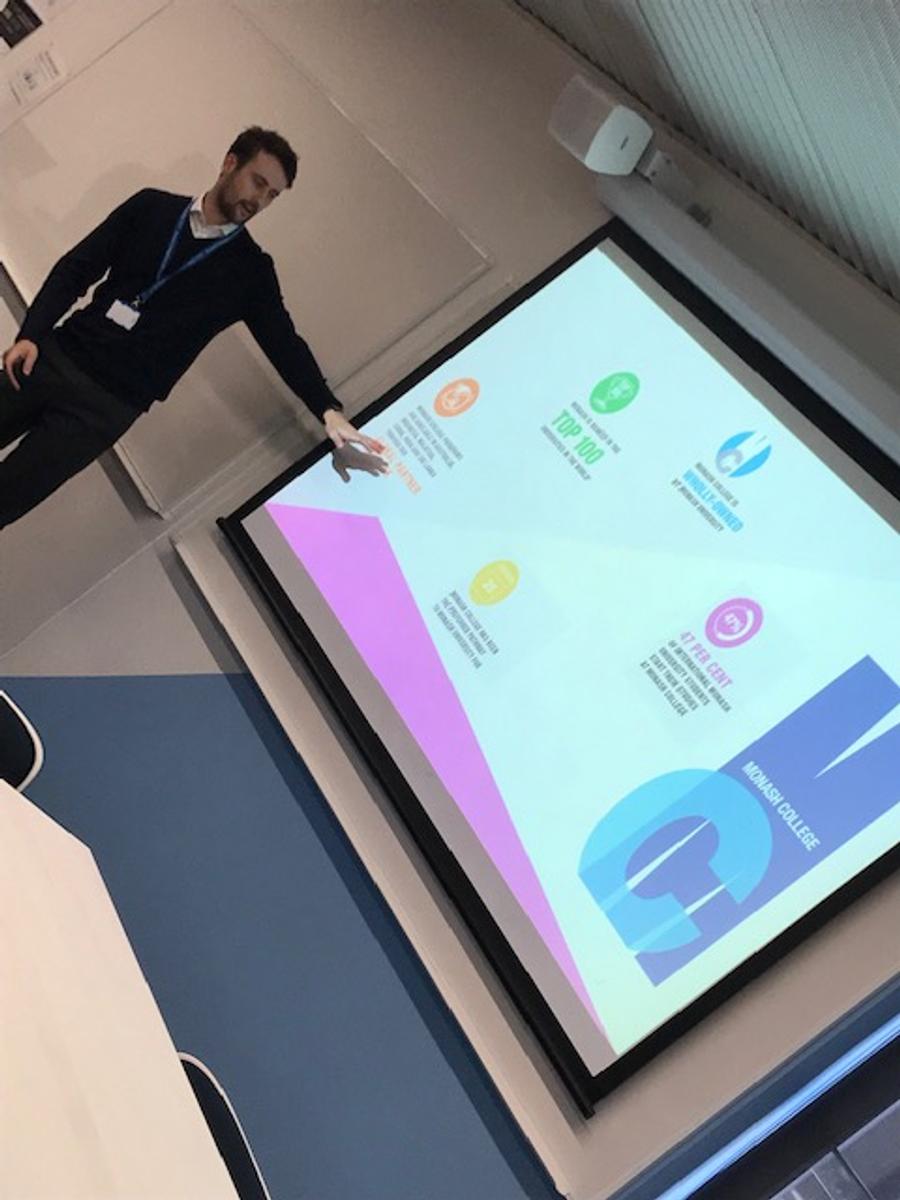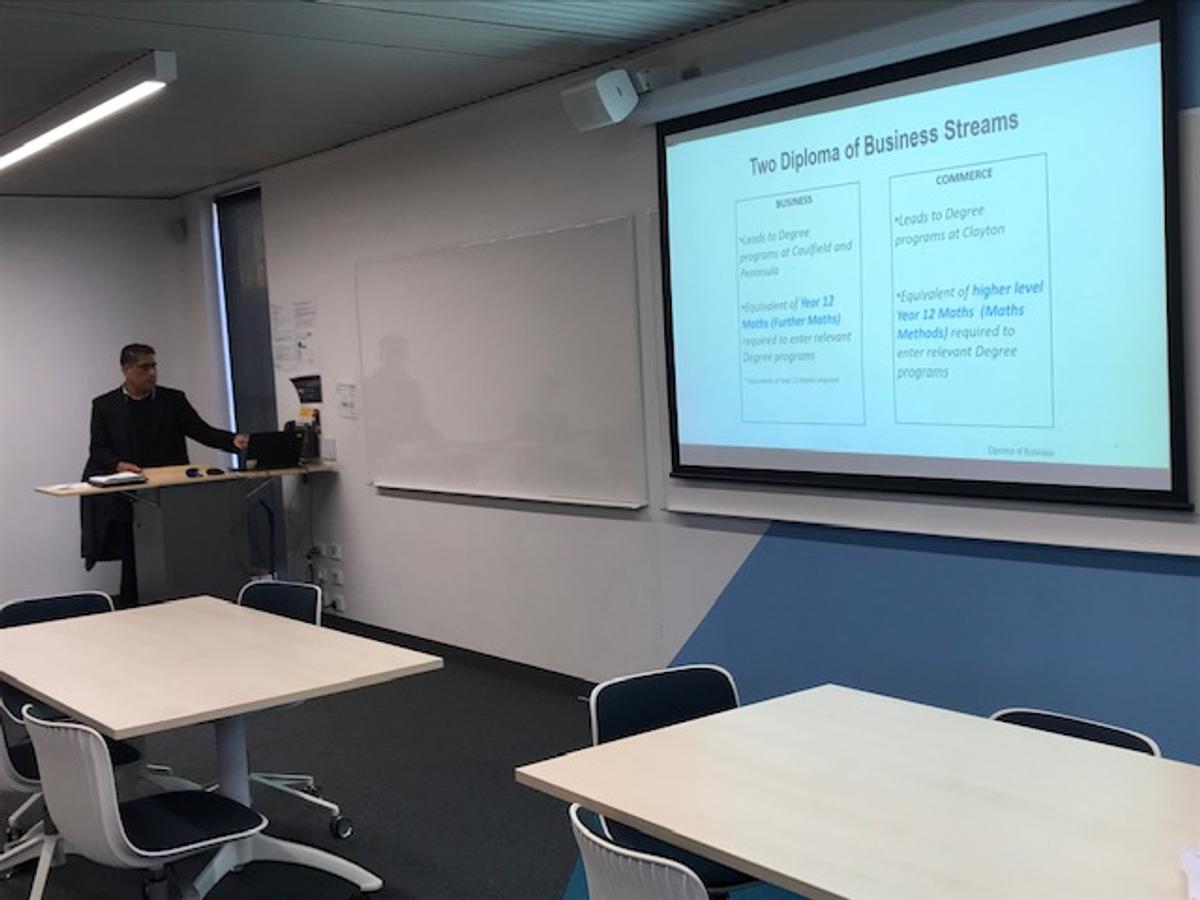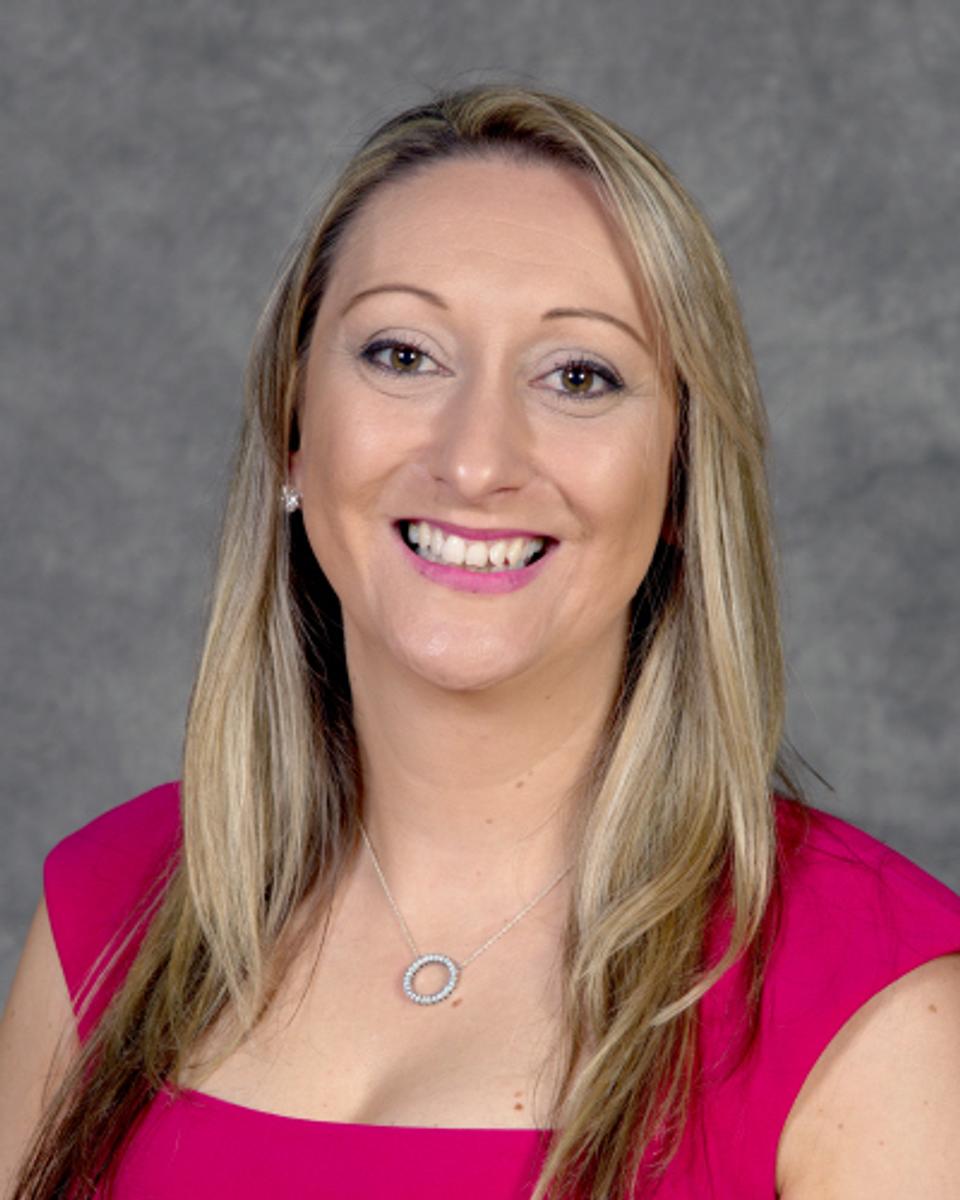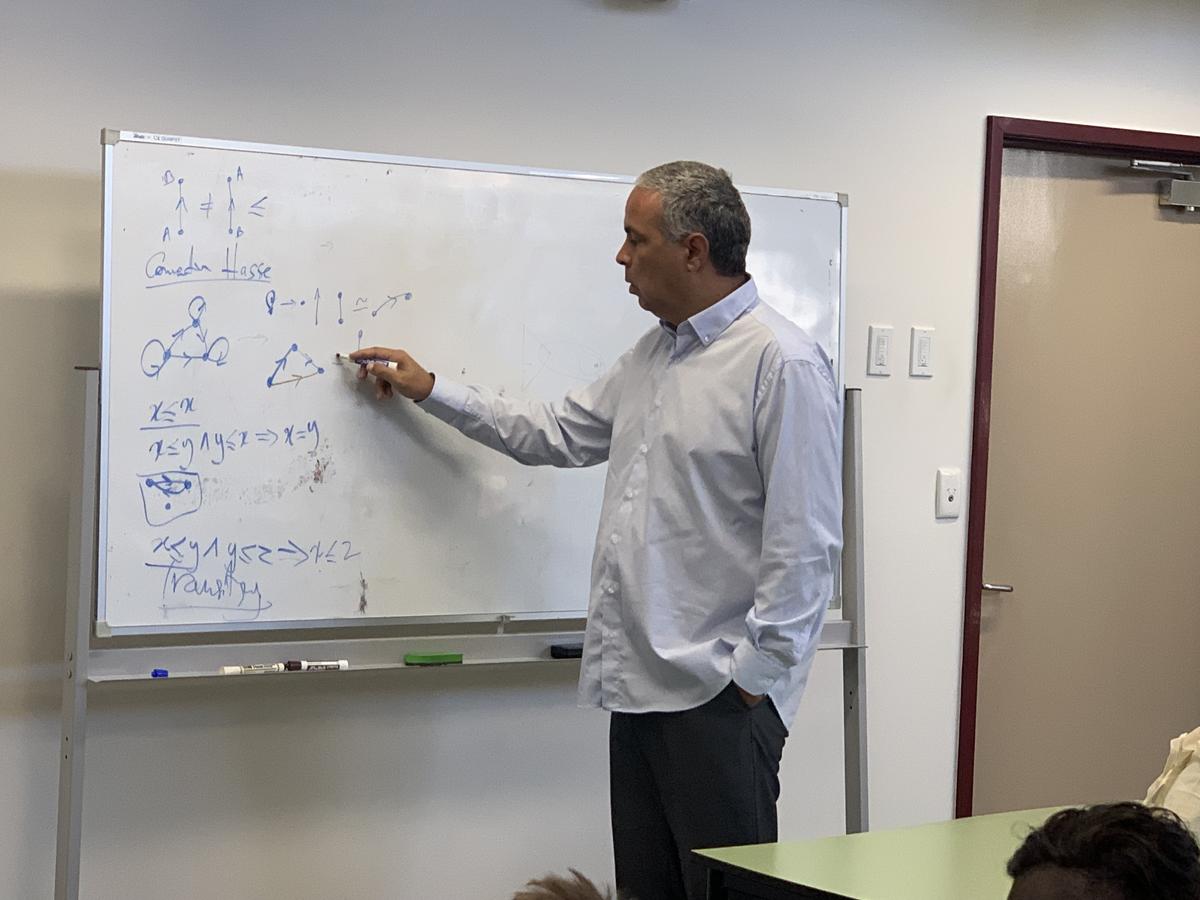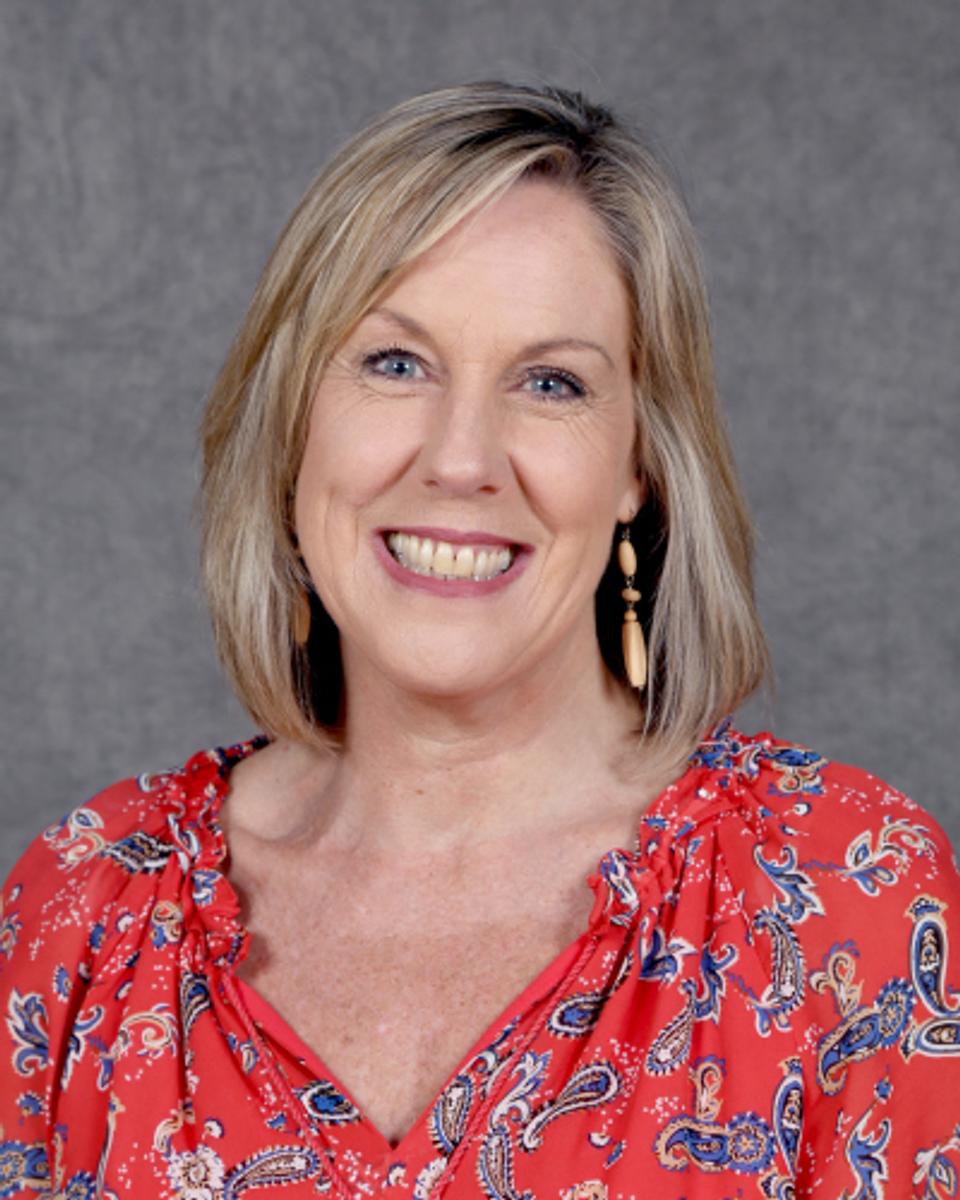
Faculty News
Careers News
MICHELLE MASCARO
Career Advisor
Year 12 VTAC Fee Payment Reminder
Please pay your $39.00 fee to VTAC by the end of this week! Late fees increase to $99 after this time!
ACAP School Holiday Psychology and Criminology Experience Sessions
ACAP is hosting its next set of Psychology and Criminology Experience Sessions during the September School Holidays. These sessions are designed for Year 10 – 12 students that have an interest in Psychology, Criminology and Law. The sessions will not only provide students with a great insight into the industry, but also an insight into ACAP’s Bachelor or Psychological Science and Criminology and the Bachelor of Criminology and Justice.
When: Friday, 4 October 2019
Time: 11.00am – 1.30pm
Location: Level 9, 123 Lonsdale Street in Melbourne
Cost: FREE (Lunch provided)
Register: ACAP - Experience Melbourne
Defence Force Information Sessions These School Holidays
Melbourne Women in Defence – Trades Information Session
Monday September 23rd at 1.00pm in the Melbourne Defence Force Recruiting Centre
Melbourne Australian Defence Force Academy Information Session
Monday September 30th at 12.00pm in the Melbourne Defence Force Recruiting Centre
Melbourne Engineering Careers Information Session
Monday September 30th at 12.00pm in the Melbourne Defence Force Recruiting Centre
NIDA School Holiday Program
NIDA Drama School – Holiday Program
NIDA is running a series of drama workshops for students in Years 7-10 over the upcoming school holidays. The courses help students to develop performance skills including improvisation, voice and movement, devising, acting and rehearsing scenes. Students will perform scenes at the end of the week for family and friends. They are running at Wesley College St Kilda Campus, Melbourne.
If you are thinking about going to NIDA or enjoy acting and drama, this course could be perfect for you! Find out more and enrol here: https://www.open.nida.edu.au/course/OHNDS12
Endeavour College
Endeavour College of Natural Health | Open Day When: 12 October 2019
Time: 10:00 am
If you’re thinking about studying natural health, Endeavour College of Natural Health’s Open Day is the perfect opportunity to discover more about their degrees, meet academics and current students, and tour the campus. Click on link above for further info.
La Trobe Information Evening
La Trobe University | VCE Plus Information Evening
You’re invited to learn more about how VCE Plus works, the subjects on offer, and the application process. VCE Plus is an exciting opportunity for Year 12 students to complete two first-year university subjects, and have them recognised as part of their VCE. As a VCE Plus student, you’ll get a taste for university early, as well as the chance to challenge yourself and gain credit towards your degree.
When: 25 September 2019
Time: 6:30 pm - 7:30 pm
Info: https://www.latrobe.edu.au/events/all/vce-plus-information-evening2
International Students Tertiary Pathways Excursion to Monash and Deakin College
This week Ms. Harvey, Ms. Tepper and myself took 10 of our Oakleigh Grammar Year 10 international students along to Monash College and Deakin College, to view alternative tertiary pathways to degrees at Monash and Deakin University.
Students were given a tour of the colleges and university campuses, a presentation of the diploma course options, as well as a session about the facilities and support services available to international students.
Chaplains Corner
FATHER GEROGE ADAMAKIS
Parish Priest
Thank You Letter From His Eminence
On the 9th of September we had our Middle and Senior School Divine Liturgy, celebrating the feast day of St. Joachim and St. Anna. I would like to thank our students of our Byzantine Choir that chanted with Mr Damantopoulos vividly and devoutly. I spoke to our students about the life of St Joachim and Anna who were the parents of the Holy Virgin Mary, and also the grandparents of our Lord Jesus Christ.
Sts. Joachim and Anna had been married for 50 years, and were barren. They lived devoutly and quietly, using only a third of their income for themselves, and giving a third to the poor and a third to the Temple. Joachim had done this since he was 15-years-old, and God multiplied his flocks, so the couple was well provided for. They longed for a child but remained childless into their old age. When they were in Jerusalem to offer sacrifice to God, the High Priest, Issachar, upbraided Joachim, "You are not worthy to offer sacrifice with those childless hands." Others who had children jostled Joachim, thrusting him back as unworthy. In despair, he consulted the genealogical records of the tribes of Israel, and discovered every righteous man in the nation had been blessed with children, except him. This caused the aged saint great grief, and he and his wife left with heavy hearts. Then the two of them gave themselves to prayer, to God, that He would work in them the wonder that He had worked in Abraham and Sarah, and give them a child to comfort their old age.
St. Joachim took his flocks and went to a high mountain, refusing to return home in shame. Meanwhile, St. Anna prayed in her garden. God sent the Archangel Gabriel to each of them, who gave them tidings of the birth of "a daughter most blessed, by whom all the nations of the earth will be blessed, and through whom will come the salvation of the world." Each promised to have their child raised in the Temple as a holy vessel of God. The archangel told St. Joachim to return home, where he would find his wife waiting for him in the city gate. St. Anna he told to wait at the gate. When they saw one another, they embraced, and this image is the traditional icon of their feast.
Sts. Joachim and Anna took Mary, at the age of three to the temple to be dedicated to the service of the Lord, and presented her to the priest Zechariahs. The parents then, after offering up her sacrifice (according to the custom of the time), left the Virgin with other maidens in the apartments of the temple to be brought up therein. The Church commemorates the Presentation of the Theotokos on November 21st.
We spoke also in the service about the significance of the Elevation of the Cross celebrated on the 14th September. This feast is also referred to as the Exaltation of the Cross. This is also a popular name day for Stavroula/Stavros (from "stavros" meaning cross). The finding of the Cross by the Empress Helen (the mother of St. Constantine the Great) on Golgotha in 326 AD, the place where Christ was crucified. On the spot where the Cross was discovered, St. Helen had found a hitherto unknown flower of rare beauty and fragrance, which has been named "Vasiliko," or Basil, meaning the flower of royalty. Note that the word "Vasiliko" means "of the King," since the word "Basileus" in Greek means "King"; so, the plant Vasiliko, Basil, is tied to the Precious Cross of the King of Glory, our Lord Jesus Christ.
Underneath the Basil, the Cross of Christ was found, but with it were the other two crosses, those used to crucify the two thieves on either side of Christ. The sign with the inscription, "Jesus of Nazareth, the King of the Jews", also lay among the three crosses. In order to determine which one was the true cross, a sick woman was told to kiss each of the three crosses. The woman kissed the first cross with no result. She kissed the second cross and again nothing happened. However, when the ailing woman kissed the True Cross, she was immediately made well. It so happened that a funeral procession was passing that way, and so the body of the dead man was placed on each of the crosses, and when it was placed on the True Cross, the dead man came to life — thus the name the “Life-Giving” Cross, which gives life not only to that man, but to each person who believes in the sacrifice of Christ on the Cross and His all-glorious three day Resurrection.
When the true Cross was identified, it was lifted on high for all the people to see, who then continually sang Kyrie eleison, a practice which is still enacted at current celebrations of this feast.
Hymns
We venerate Your Cross, O Master, and we glorify Your Holy Resurrection.
Save, O Lord, Your people, and bless Your inheritance, giving us victory over all who assail us and protecting the Church of Your faithful by Your Cross.
Why do Orthodox Christians do the sign of the Cross? When do they do the sign of the cross?
The sign of the cross has a sacramental character in which the invisible and spiritual presence of God’s energies is made present through an external character. There a several reasons for which Orthodox Christians make the sign of the cross. The sign, that is, when Orthodox Christians touch their forehead, shoulders and chest in the form of a cross, marks as followers of Jesus Christ, since the cross is the chief symbol of Christianity.
Orthodox Christians mark themselves in that way in order to accomplish different things. So Orthodox Christian make the sign of the cross:
- To indicate the acceptance and concurrence with words, prayers or actions.
- A blessing is pronounced on, such as “Peace be with you all” or when the Holy Trinity or a Saint’s name is mentioned.
- To wish to invoke God’s presence, ward of evil influences or express thanks.
- As a blessing upon themselves, especially as a prayer at the beginning of a task or a journey, or at the beginning of the day, or as they go to sleep.
Hellenic Culture
NATASHA SPANOS
Hellenic Culture Coordinator
On Wednesday 11th September, students form Year 9 were fortunate enough to participate in a seminar presented by Dr Lygeros, during their LOTE Greek Class. Oakleigh Grammar students had the opportunity to learn about mathematics facts, stemming from Ancient Greece. These facts are used every day, and they will help students in the future.
Dr Lygeros visited our School last year for the first time. He has a PhD in Mathematics as well as a PhD in Linguistics, from the University of Lyon in France. He has worked as an advisor for the National School of Defence of Greece, the School of Security of Greece, and the Greek Ministry of Foreign Affairs. On behalf of Oakleigh Grammar I would like to thank Dr Nikos Lygeros for his special visit to our School.
Every year, students of Year 9 have the opportunity to spend the last week of Term 3 in the city of Melbourne, enjoying the special program “City Experience”. This year our “City Experience” started with a spice of Hellenic Culture.
On Monday 16th September, Year 9 students visited the Hellenic Museum, which is located on William Street, Melbourne. Australia's Hellenic Museum was inaugurated in April 2007. Over the years, the Museum has taken on an identity of its own in the former Royal Mint building. The Hellenic Museum aims to present a holistic experience of Greece, Greek culture and the contribution it has made, and continues to make to contemporary society. Since its inception, the Hellenic Museum has continued to build and maintain its collections.
Students had the opportunity to see the exhibition 'Gods, Myths and Mortals', which includes objects of Hellenic-civilization from the Neolithic period to mid-19th century CE. This exhibition is very special because it comes all the way from the Benaki Museum in Athens. Students also did a tour around this magnificent building and visited the Greek Radio 3XY. The second part of the day, students explored Melbourne City. They saw the architecture of some buildings influenced by the Greek Civilization. Year 9 students really enjoyed the first day of the “City Experience” program!
Student Representative Council
NATASHA SPANOS
SRC Coordinator
For the last six years student leaders have the opportunity to visit Ronald McDonald House Monash, which is located in Clayton, and learn about their programs and facilities offered to families. Ronald McDonald Houses are attached to major women's or children’s hospitals, and provide a home away from home for seriously ill children and their families. As an independent charity they rely on their amazing volunteers and on generous financial help from the public to continue to extend their programs.
On Friday August 30, SRC members, Middle School Leaders and Social Justice Leaders from Junior School visited the Ronald McDonald House in Clayton. On our arrival we met with Ms Wood who is responsible for all the volunteers working at the house, as well as the fundraisers which are organised annually. Ms Wood showed us around the centre, and took us to the room for the families at the Children’s Hospital. Students and staff had the opportunity to discuss the benefits of having these centres in our society.
On our visit we showed them the generosity of the Oakleigh Grammar School Community, by taking them items of non-perishable foods and new toys, donated by students and their families. This was a great experience for our Student Leaders. This was a great experience for our Student Leaders. We would like to thank all the students and their families who contributed to our annual fundraiser!
Counselling
FIONA BAUDINETTE
Student Counsellor
Handling Difficult Parenting Talks With Adolescents
There are many occasions as parents, when a ‘difficult’ talk with our child is needed. This often involves behaviour. Such conversations unless handled carefully, especially with adolescents, can escalate and become an argument. As you would know, arguments achieve little. It is imperative therefore, that such difficult conversations are handled with careful planning. This is key to the success of your talk.
Like all difficult conversations, pre-planning is the key to success. Launching into a challenging conversation without forethought, leaves you prone to going off track and becoming emotional, which then easily leads to an argument. Planning involves thinking about what we need to discuss, how we will discuss it, and rehearsing it.
- The first step in this process is organising an appropriate time to talk. A difficult talk will not be successful if you are tired, angry or rushed for time – this goes for both of you. So choose your time wisely and book it in if need be with your child.
- Decide on a few key issues to discuss. Less is best in these conversations as your child will ‘zone’ out quickly, so keep it brief.
- Rehearse how you will present the issues and what you anticipate your child to say in response. Be ready and expect them to react unfavourably, as they often will.
- Say something positive about their behaviour – there’s always a compliment you can give.
- Then raise your key points. Stay on topic and don’t get caught in a roundabout discussion.
- Acknowledge your child’s needs and feelings. For example, “I understand why you feel this way.” Or, “I understand why you want to do this, however.”
- Keep your voice calm and quiet. If you raise your voice, calm it as quickly as possible. A calm, quiet voice has more power and your child will listen. They will tune out to an angry voice.
- Finally, agree on some things that will change or happen.
After a difficult parenting talk it is imperative to enact what was agreed upon. This means that both parents need to commit to the change and consistently enforce the new behaviour expectation. Remember, a talk is not a magic wand – it’s just the beginning. There will be set backs, so expect them and get back on track. Good luck!
N.B. Please understand that your views and opinions may differ at times, to what is written.





